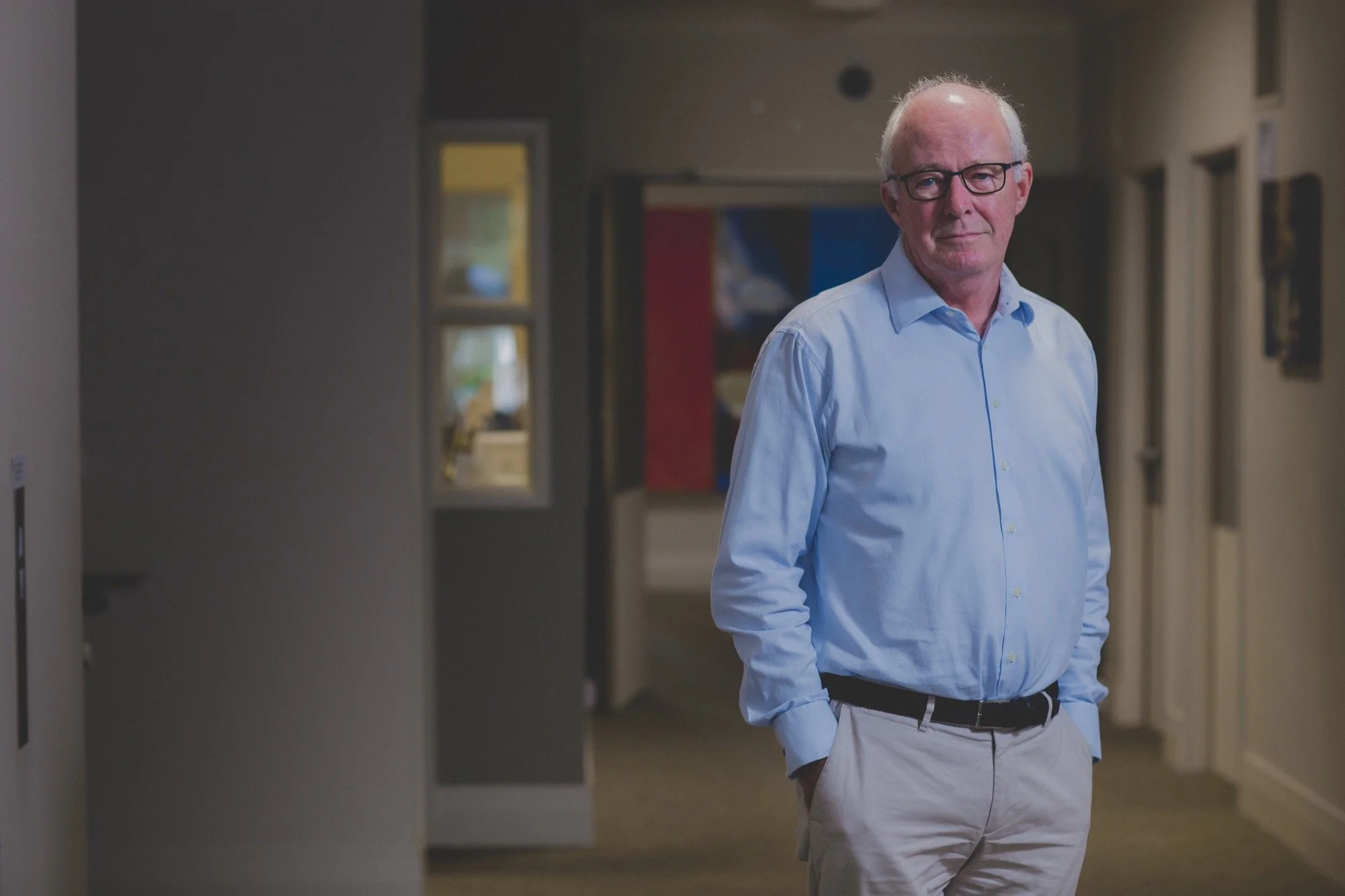Getting appropriate end-of-life palliative care is essential. It’s something every Kiwi should know about, and have available to them. This holistic medical approach enlists the help of teams of specialists to ensure the best possible natural death.
Palliative care helps provide people with humane and dignified support and services as they face a life-limiting condition. This support comes in a variety of forms with one common goal: to optimise a person’s quality of life until death, and supporting the family and other caregivers.
Important to note – palliative care is not only for those facing imminent death… you can be close to death, or have years to live, and still access palliative care. The support is for those who have received a serious illness diagnosis.
For the acute case, the care is often spear-headed by a palliative care specialist, someone specifically trained to address physical, emotional, social, spiritual and cultural needs. The specialist often works with existing medical teams and is supported by other services. They are highly equipped and experienced in managing pain and discomfort in the last stages of a person’s life. A specialist’s intention is to neither hasten, nor postpone a person’s death.
Other palliative care team members may include: a dietician, physiotherapist, social worker, palliative care nurse, occupational therapist, counsellor, chaplain and more.
Most hospitals will have access to palliative care specialists, and many aged residential care facilities receive funding from their District Health Board for palliative care. GPs and District Nurses can provide palliative care, but one of the biggest specialist providers in New Zealand is Hospice NZ.
While the services of specialists are invaluable to support a ‘good death’, there is unfortunately a lack of workforce supply, lack of training for GPs, underfunding and inconsistent accessibility, which has meant many do not receive the care they need. Hospice NZ is only 50% funded by the Government and has to work hard to raise the rest of its necessary funding through various fundraising efforts and the generosity of a volunteer base.
Having excellent palliative care is essential when it comes to making end-of-life choices. Good care to live well can make all the difference.
Share this Article!
Help others get in the know! Send to all your contacts below…


